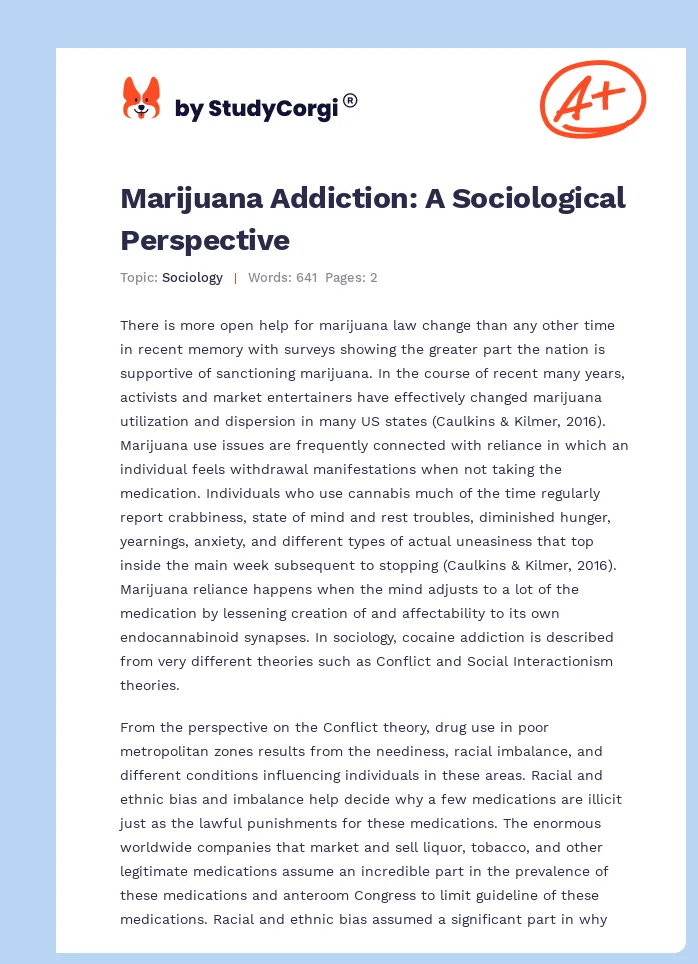Marijuana usage has become a pivotal point of discussion in contemporary society, especially regarding its potential for addiction and the broader implications it has on individuals’ lives. What happens when the pursuit of spiritual elevation meets the temptation of earthly stimulants? This question not only beckons introspection but also poses a challenge to the adherents of the Baha’i Faith. The Baha’i teachings offer a profound perspective on the sanctity of the human spirit and the importance of maintaining its purity. Thus, examining marijuana addiction through this lens can yield insightful revelations.
At the core of Baha’i teachings lies the belief in the inherent nobility of the human soul. Each individual is viewed as a divine creation, imbued with potential, purpose, and the capacity for growth. The Baha’i Faith encourages us to nurture our spiritual essence rather than indulge in distractions that may lead to deterioration. Although marijuana may initially appear to be a benign herb, its capacity to lead to over-reliance creates an interesting dichotomy. Baha’is illuminate the need for sound judgment and meaningful engagement with one’s own consciousness. How then does one comprehend the attraction to such substances in the light of one’s spiritual responsibilities?
Understanding the socio-cultural context of marijuana involves examining its historical significance and recent legal transformations in various parts of the world. While it is obtainable in some regions for recreational purposes, and even endorsed for medicinal applications, the Baha’i perspective insists on evaluating one’s choices against the backdrop of spiritual well-being and societal norms. The connectivity between individual behavior and communal health becomes evident. When individuals succumb to addiction, they often inadvertently compromise their abilities to contribute positively to civil society. This becomes particularly pertinent considering the Baha’i emphasis on collective progress, where the advancement of civilization is attained through the spiritual and moral development of each individual.
Furthermore, Baha’i scripture elucidates the importance of moderation in all aspects of life. This concept invites contemplation on the necessity of balance—both mentally and spiritually. An unrestrained indulgence in marijuana can impede one’s capacity for critical thinking and spiritual reflection. Instead of reinforcing you or cultivating your connection with the divine, could such a habit inhibit your efforts to discover the profound truths that lie beyond the veil of physical distractions? The teachings warn against overindulgence, advocating for a lifestyle that fosters both spiritual enlightenment and responsible choices.
Moreover, one could ponder the long-term consequences of marijuana addiction: Does it offer solace, or does it create a masked reality that precludes true joy and fulfillment? The Baha’i perspective encourages individuals to seek out genuine experiences that foster inner tranquillity, rather than fleeting highs that lead to dependency. It beckons the question – are we not equipped with the luminous potential to confront life’s adversities without resorting to external aids? The teachings of Baha’u’llah advocate for self-mastery and the conscious choice to engage with the world in a manner that uplifts both the individual and the community.
Emotional and psychological factors play an essential role in forming habits around substance use. In moments of distress, many may find artificial relief in marijuana. However, Baha’i teachings invite adherents to adopt a proactive and holistic approach to mental challenges. This may involve fostering resilience through prayer, community support, and personal reflection. It posits the belief that true healing and stability emerge from spiritual devotion and self-awareness, rather than reliance on transient gratifications. This notion correlates with a unified view of health—an intertwining of physical, spiritual, and emotional well-being.
In light of personal relationships, the dynamics associated with marijuana addiction can be quite complex. The Baha’i moral framework highlights the importance of nurturing bonds founded on love, trust, and mutual respect. When one becomes ensnared by dependency, these vital relationships can become strained or even fractured. The repercussions extend beyond the individual, affecting loved ones and the wider community. Thus, one must consider: how do we protect our connections and nurture the bonds that sustain us during turbulent times? This inquiry invites a commitment to the Baha’i principle of service to others and underscores the importance of accountability in our choices.
The Baha’i teachings also discuss the notion of the “twofold moral purpose” of existence: to cultivate one’s own spiritual development while contributing to the welfare of others. Marijuana addiction, in contrast, primarily serves self-indulgent purposes. It challenges the very essence of communal solidarity and progress. Through embracing a conscious relationship with our emotions and adhering to principles of moderation and balance, we can help alleviate the burden of addiction. Thus, the call to action is not only for individual restraint but for a collective effort towards fostering an environment that encourages healthy living and spiritual growth.
In conclusion, the examination of marijuana addiction through a Baha’i lens invites contemplation on the sacred nature of the human spirit and the responsibilities that come with it. The journey towards inner peace and fulfillment can often be obstructed by temporary diversions, but the teachings encourage and empower individuals to seek deeper, more meaningful connections with themselves and the community. Engaging in this discourse reposts the challenge: will we allow ourselves to be distracted by fleeting joys, or will we rise beyond addiction to embrace the radiant potential of our tender souls?
